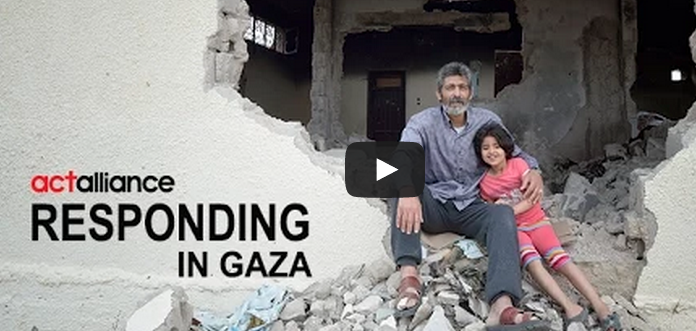As the third international conference on Financing for Development (FfD) that took place in Addis Ababa, Ethiopia from 13-16 July concludes, high level politicians deliberated to reach consensus on a range of finical measures that set the path for post-2015 development agenda.
Domestic resource mobilisation has been among the top agenda. Over the four days, countries looked at how they can mobilise resources of financing, including domestic and international, public and private, and ensure that they are channeled for sustainable development.
The conference came ahead of two crucial events this year that will have major impact for a sustainable future:
- the goals for Sustainable Development to be adopted in New York in September, and
- the Paris UN climate negotiations in December that will reduce global carbon emissions
Ethiopia is the first third world country to host the conference, which brought together delegates including Heads of State and Government, Ministers of Finance, non-governmental organisations among others.
The Addis Ababa Action Agenda
The Conference led to negotiated and agreed outcomes that will support the implementation of the post-2015 development agenda, including the Sustainable Development Goals (SDGs).
One of the major outcomes from the conference is what is now called, the Addis Ababa Action Agenda, where 193 UN Member States reached consensus “…to overhaul global finance practices and generate investments for tackling a range of economic, social and environmental challenges”.
United Nations Secretary General Ban Ki-Moon said: “The results here in Addis Ababa give us the foundation of a revitalised global partnership for sustainable development that will leave no one behind.”
The agreement contains more than 100 measures addressing all sources of finance to improve tax collection, combat illicit financial flows. It also incorporates policy commitments and cooperation including such as foreign aid, infrastructure, health, taxation and climate change.
ACT Alliance and Stakeholders Calls for Accountability beyond Addis
In addition to plenary meetings and roundtable discussions, the conference featured international civil society and business forums, as well as more than 200 side events.
ACT Alliance, along with the Addis Ababa Civil Society Coordinating Group and the Women Working Group, co-organised two side events that explored the private sector’s role and impact on sustainable development, as well as accountability to commitments beyond the summit.
The panel composed of UN, civil society and government representatives deliberated on effectiveness of private financing, including public private partnerships and ways to ensure the human rights and needs of communities affected by private investments are respected.
In reference to the Guiding Principles on Business and Human Rights which were developed on the issue of human rights and transnational corporations and other business enterprises, Benjamin Schachter, UN Office for High Commissioner for Human Rights (UNOCHR) said, “We would like to see stronger application of the principle and more firm standards on Human Rights obligations in the development agenda”.
